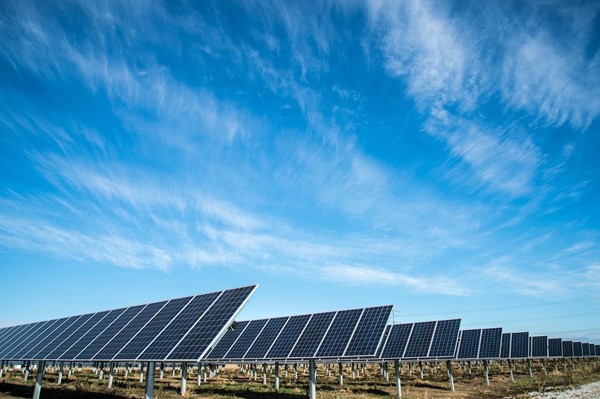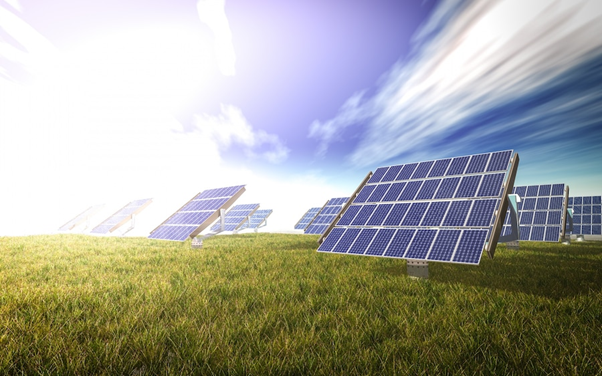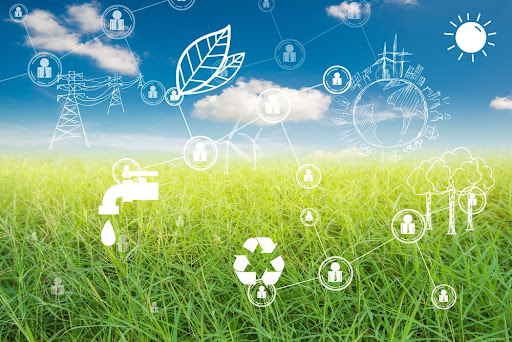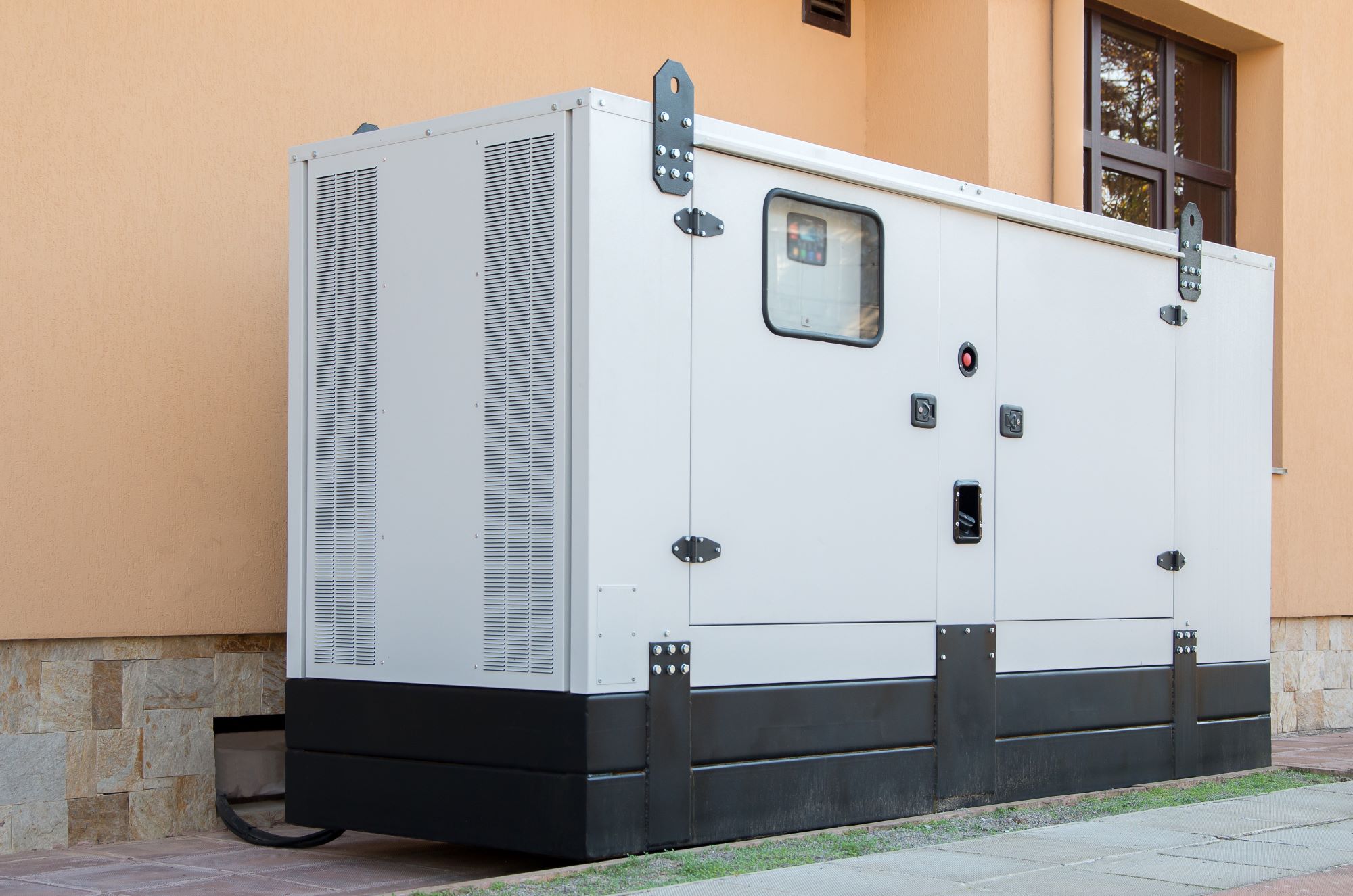How to Know What Type of Renewable Energy Is Right for You?

Figuring out ways to live more sustainably is one of the most popular conversation topics in the modern world. In recent years, the public has learned how small daily actions result in large-scale climate consequences, like CO2 gaseous pollution in the atmosphere.
You might have already made a few lifestyle changes like turning off lights when you leave your home or reducing how much water you use every day, but there’s more you can do. Some people want to switch their homes and businesses over to renewable energy. Once you start researching, it’s clear that there might be more options to choose from than you initially thought.
Read on to figure out how to know what type of renewable energy is right for you. Weighing each factor and thinking about your lifestyle will help you locate the best form of green energy to support your daily needs and the planet at the same time.
1. Look into Social Concerns
You want renewable energy because you believe in making the earth a better place to live or you want to cut down on your monthly bills. Either way, those reasons centre around you. Homeowners also have to look into social issues that could restrict their energy options.
Local governing groups can decide on specific rules for each neighbourhood in a county. Are there rules where you live that limit what you can do on your property and how it can look from the street view? Your neighbours might also complain about seeing or hearing your installation, which depends on who you live around.
2. Prioritise Your Environmental Goals
You’re reading about renewable energy because you were inspired. What made that happen? Prioritise your environmental goals to narrow down what kinds of sustainable energy you’re most interested in.
You may want to take advantage of your sunny environment and install solar panels on your roof. Maybe there’s a wind turbine field near your home that can support your household’s energy needs with a simple phone call. Your goals and interests are essential in making this decision, so decide what kinds of sustainable energy match what you have in mind for your future.
3. Look at Your Finances
Once you have the motivation to switch to renewable energy, you also have to have the financial resources for it. Depending on what kind of energy you get, it could either cost a bit upfront or save you money immediately.
You also should think about where you live. Certain cities may charge different installation prices because it’s not nationally regulated. They may already have renewable energy options available for you, or it could require additional taxes. Research where you live to find out more and get a better idea of what it would cost to switch.
4. Consider Your Energy Needs
People often forget to think about how they’ll use the renewable energy they sign up for. Will you use it to regulate the temperature of your home or occasionally need it in your rented office space?
Maybe you want to heat your home in the winter, but you want to do it in an eco-friendly way. You may find that a geothermal heat pump could be your best option. They work best in cold climates because they need a stable subsurface temperature, which would typically remain cold throughout most of the year. Warmer climates would fluctuate more, making the pump work harder and more often.
Next, you should know what kind of energy you’d need regularly. Installing one or two solar panels may not be enough for your needs. Talk with experts that know the products you’re interested in to find out what they’d recommend for your property.
Research and Make Phone Calls
It’s smart to conduct plenty of research before making your final decision when you want to find the best renewable energy for your needs. Read everything you can find and make notes on the different methods to compare them. When you narrow down your list of possibilities, call experts who would help you install your future energy source. With time, you’ll get the best renewable energy for your needs and enjoy a greener life. Many suppliers also offer dual fuel deals when you sign up, so make sure to keep that in mind too when conducting your research.
Bio
Emily Folk is a conservation and sustainability freelance writer. Check out her blog, Conservation Folks, or follow her on Twitter for the latest updates.



















